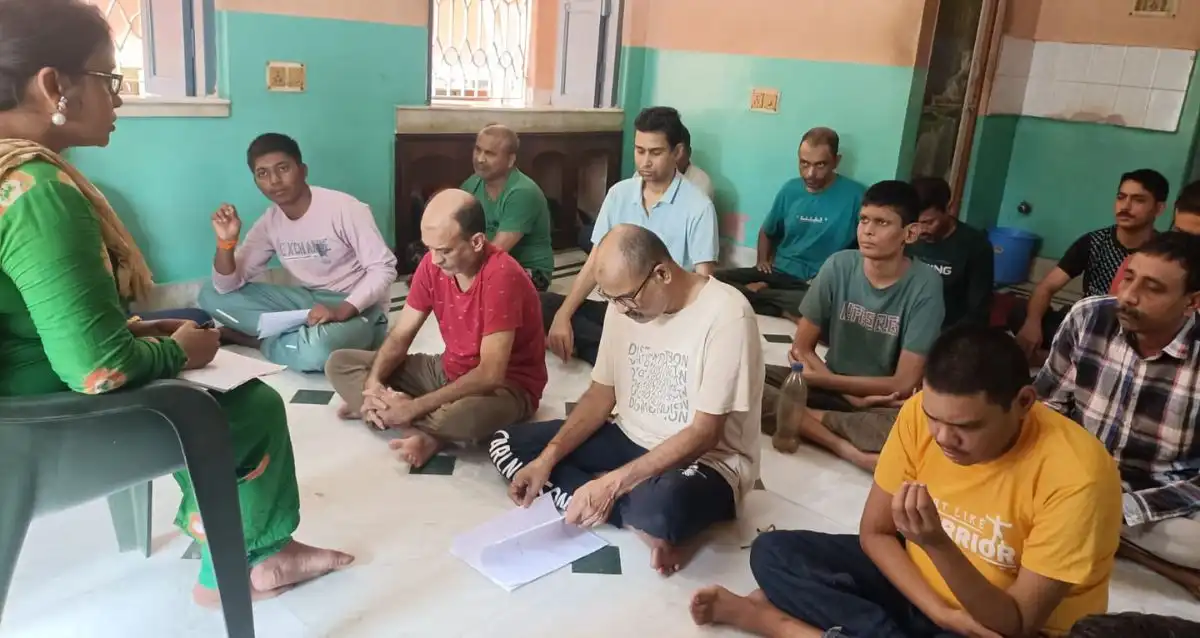Group Therapy – A Collaborative Approach to Mental Well-being
Group therapy is a psychotherapy approach where therapists work collaboratively to treat patients suffering from psychological disorders. This therapy has been proven effective for individuals dealing with compulsive disorders, phobias, eating disorders, substance abuse, and marital issues. Read on to learn more about how group therapy works, its various types, techniques, and benefits.
What is Group Therapy?
Group therapy is a form of psychotherapy where one or more mental health experts guide multiple individuals dealing with mental health disorders. It fosters a supportive environment where patients can share experiences and solve problems together. Group therapy can also be combined with individual therapy sessions for comprehensive recovery.
What Mental Health Issues Does Group Therapy Address?
Group therapy is effective for treating various psychological concerns such as:
- Depression
- Panic disorders
- Anxiety-related issues
- Chronic pain
- Substance abuse
- Health problems like obesity
- Social difficulties such as shyness and anger management
Types of Group Therapy
Group therapy can be categorized into five main types, each designed to address specific mental health concerns:
- Cognitive Behavioral Groups
- Focuses on identifying negative thought patterns and altering them to improve emotional responses and behaviors.
- Interpersonal Groups
- Aims to enhance social interactions that have been affected due to mental health disorders.
- Psychoeducational Groups
- Educates individuals about their disorders, helping them cope more effectively.
- Skill Development Groups
- Focuses on improving cognitive abilities and essential life skills.
- Support Groups
- Brings together individuals with shared experiences to provide mutual encouragement and emotional support.
Group Therapy Techniques
Several techniques are employed to enhance the effectiveness of group therapy, including:
- Icebreaker Activities
- Helps members feel comfortable and establish a rapport within the group.
- Gratitude-Based Exercises
- Encourages individuals to focus on positive aspects of life and appreciate their progress.
- Question-Answer Sessions
- Promotes openness and allows members to share personal experiences and coping strategies.
- Expressive Writing
- Provides an outlet for individuals who struggle with verbal expression.
- Team-Building Exercises
- Builds trust and fosters stronger interpersonal relationships.
- Feedback Sessions
- Encourages members to reflect on their progress and support each other’s growth.
- Psychoeducational Sessions
- Educates members on relapse prevention, coping strategies, and managing triggers.
Benefits of Group Therapy
Group therapy offers numerous psychological and social benefits, including:
- Enhanced Social Skills
- Helps individuals relearn and develop essential interpersonal skills.
- Emotional Support
- Provides a sense of belonging and reduces feelings of loneliness.
- Cost-Effective Treatment
- More affordable than individual therapy since multiple participants share the sessions.
- Increased Awareness
- Encourages discussions about various mental health issues, breaking societal taboos.
How Does Group Therapy Work?
1. Conducted by Mental Health Experts (Forming Stage)
A therapist assesses each patient and places them in an appropriate group. Sessions are conducted by a professional who ensures productive discussions and a safe space for sharing.
2. Introduction to the Group (Storming Stage)
Patients introduce themselves, and conflicts or discomfort may arise initially. The therapist facilitates structured introductions to ensure a smooth transition into the group dynamic.
3. Open and Honest Communication (Norming Stage)
Honest discussions help foster collaboration and remove the stigma surrounding mental health disorders. Patients are encouraged to express their thoughts openly.
4. Self-Discovery (Performing Stage)
Individuals engage actively, gaining insights into their struggles and working towards their recovery goals. In some cases, medication or additional therapy may be required.
5. Appreciation and Closure (Adjourning Stage)
As therapy progresses, members acknowledge each other’s growth and share appreciation, fostering a sense of accomplishment.
At Somorpon Foundation, we recognize the power of group therapy in promoting mental wellness. Our approach is personalized to cater to the specific needs of each participant, ensuring a holistic and supportive recovery journey.











